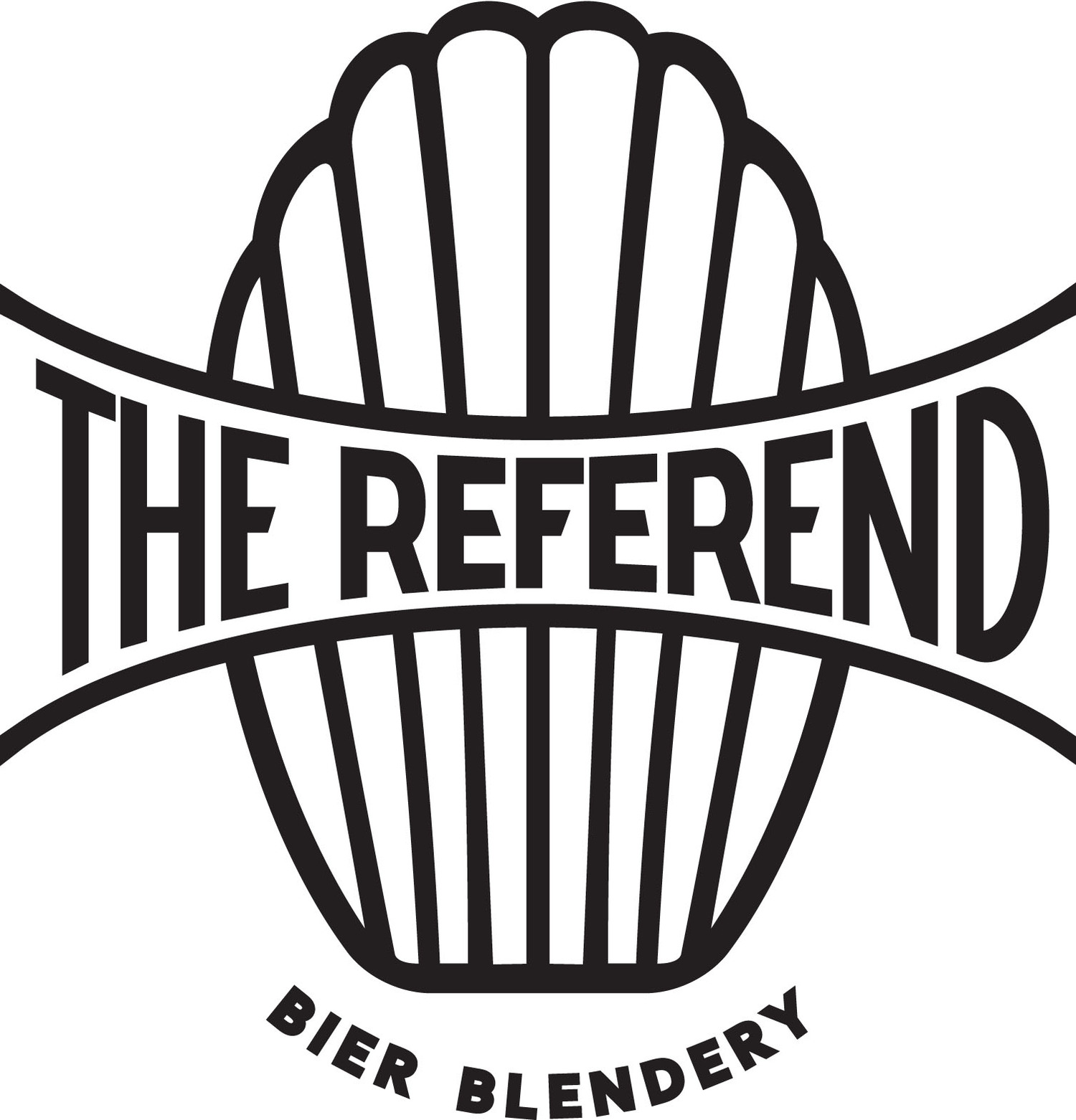The Madeleine: A Referend
/“We think life is not beautiful because we don’t remember it, but once we smell a fragrance out of the past, we are suddenly intoxicated!”
-Marcel Proust
Somewhat predictably, two of the most frequent questions I receive are: "what’s up with the name?", and "what’s up with the shell?"
The front door madeleine signage spontaneously projected upon the rear wall on a hot day
The shell is not just any shell, it’s in fact no shell at all, but a small French pastry called a madeleine. Apart from the fact that it loosely resembles a barrel and all of our beers are aged in old, predominantly French oak barrels, I am only concerned with the secondary definition of “madeleine” which can be found in almost any dictionary as a variant of: “one that evokes a memory.”
Marcel Proust earned the madeleine this more poetic attribute, by making it the central illustrative epiphany of his theory of involuntary memory in his epic novel À la recherche du temps perdu. In it, the narrator is enjoying his tea and madeleines when the flavor of the tea and floating madeleine bits therein immediately recall some unplaceable sensation before remembering their source: a scene from his youth in his aunt’s house, previously forgotten, and here involuntarily remembered and regained.
(page 34 of two thousand-something)
The general principle may be at its most familiar in the scene in Ratatouille in which food critic Anton Ego is rendered speechless by his involuntary memory toward a scene in his youth, via the referend of this particularly fine ratatouille.
Gilles Deleuze, former greatest living thinker, notes of Proust’s madeleine concept, that “flavor, the quality common to the two sensations, the sensation common to the two moments, is here only to recall something else.” It seems at once denigrating and laudatory to our favorite foods and beverages for them to stand primarily in service of some intangible extratemporal essence, but for Proust, “it is involuntary memories practically altogether that the artist should call for the primary subject matter of his work,” and for us, it is the generation of such a sensory event that is our highest aim.
Rob Tod (the founder of Allagash Brewing Company, the man largely responsible for bringing spontaneously fermented beer production to America, to whom we owe a good deal) picked his dream six-pack for Craft Beer and Brewing Magazine last year, and it’s not so much the selections as the reasons for the selections that hold relevance here:
“When I was living in Boulder, Colorado, before I started brewing, a friend gave me a bottle of McEwans Scotch Ale. I was blown away. I didn’t know beer could taste like that. It has a huge flavor, deep dark color, and loads of sweetness, but it balances that with tobacco and oak notes. If I were to drink a McEwans Scotch Ale right now, I’d be transported back to one of those first revelations of what beer could taste like.”
“I’ve been to the monastery a few times, and every time I’m impressed with just how amazing a place it is. When I drink Orval now, it transports me back to that setting.”
Our favorite beers then, are often so for their ability or propensity to refer us elsewhere, to former times and places and sensations, to the warmth of happily ordinary memories otherwise forgotten. "Referend," as a word, is most simply the instrument or act of reference, it is the drink and the drinking that prompts the involuntary memory and all its associative delight; it is the madeleine with tea and the recursive epiphanies of returning to an old favorite.





